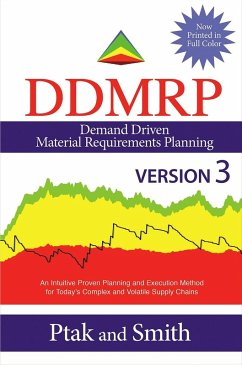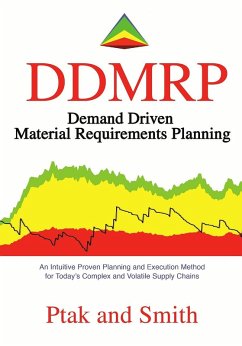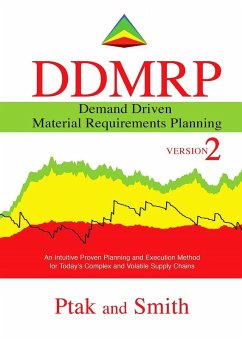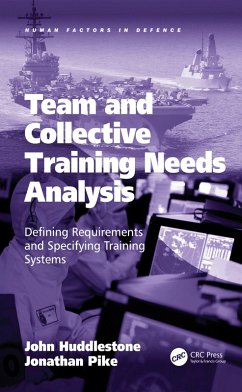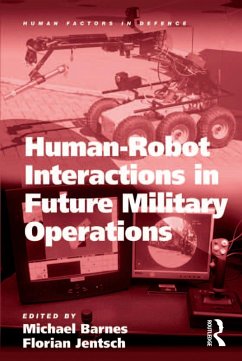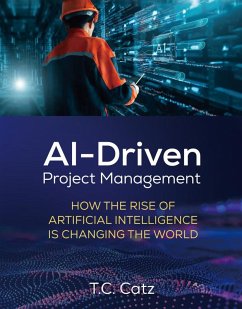
AI-Driven Horizons Accelerating Product Innovation through Digital Intelligence (eBook, ePUB)

PAYBACK Punkte
0 °P sammeln!
In the realm of New Product Development and Introduction (NPDI ) the core Innovation Enablement is PLM Solution. The goal is to establish a solid foundation for product lifecycle spanning development and manufacturing process, through Model-Based Enterprise with fully defined 3D Model to provide visibility into product data to meet growth, revenue-generation & cost-reduction goalsAI enhances PLM by enabling intelligent data integration and decision-making across product development stages. It helps in automatically analyzing historical and real-time data to identify design inefficiencies and r...
In the realm of New Product Development and Introduction (NPDI ) the core Innovation Enablement is PLM Solution. The goal is to establish a solid foundation for product lifecycle spanning development and manufacturing process, through Model-Based Enterprise with fully defined 3D Model to provide visibility into product data to meet growth, revenue-generation & cost-reduction goals
AI enhances PLM by enabling intelligent data integration and decision-making across product development stages. It helps in automatically analyzing historical and real-time data to identify design inefficiencies and recommend improvements.
During the concept and design phases, AI supports generative design, optimizing product features based on functional and cost constraints. In engineering, AI can automate routine tasks like BOM (Bill of Materials) validation and change impact analysis, reducing human error and speeding up workflows.
Machine learning models can predict product performance and potential failures, enabling proactive maintenance and quality assurance. AI-driven insights also help align product features with customer usage patterns, supporting better market-fit innovations. In the supply chain and manufacturing phase, AI optimizes sourcing, scheduling, and inventory management to reduce delays and costs.
Overall, AI empowers PLM systems to become more adaptive, predictive, and collaborative-driving digital transformation across the product lifecycle.
AI enhances PLM by enabling intelligent data integration and decision-making across product development stages. It helps in automatically analyzing historical and real-time data to identify design inefficiencies and recommend improvements.
During the concept and design phases, AI supports generative design, optimizing product features based on functional and cost constraints. In engineering, AI can automate routine tasks like BOM (Bill of Materials) validation and change impact analysis, reducing human error and speeding up workflows.
Machine learning models can predict product performance and potential failures, enabling proactive maintenance and quality assurance. AI-driven insights also help align product features with customer usage patterns, supporting better market-fit innovations. In the supply chain and manufacturing phase, AI optimizes sourcing, scheduling, and inventory management to reduce delays and costs.
Overall, AI empowers PLM systems to become more adaptive, predictive, and collaborative-driving digital transformation across the product lifecycle.
Dieser Download kann aus rechtlichen Gründen nur mit Rechnungsadresse in A, B, CY, CZ, D, DK, EW, E, FIN, F, GR, H, IRL, I, LT, L, LR, M, NL, PL, P, R, S, SLO, SK ausgeliefert werden.





